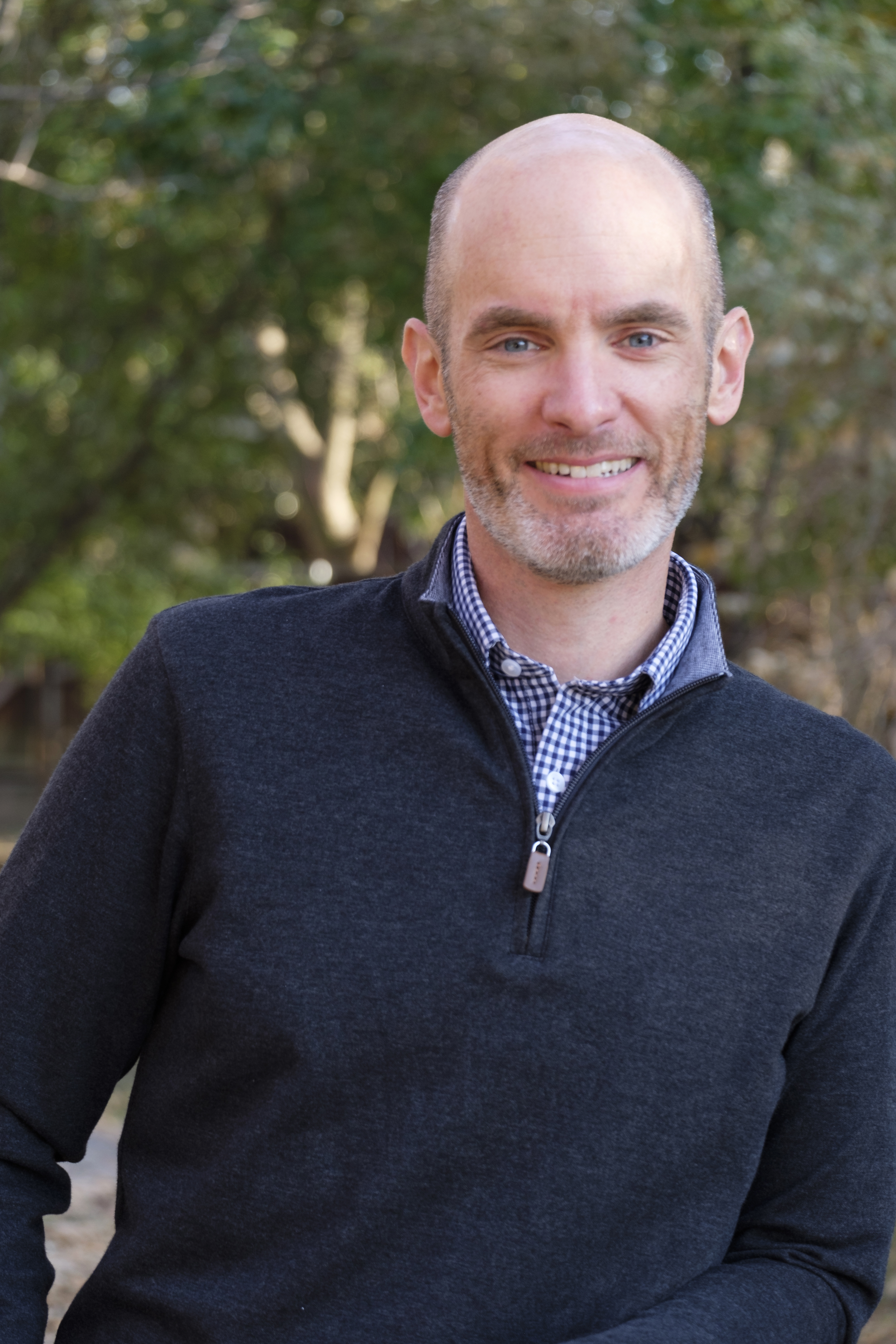What is your theoretical orientation?
Theoretical orientations offer different ways to conceptualize the cause of the problem and how best to alleviate it. In a way, they are like different tools in the toolbox. A hammer can’t fix every problem. That’s why a tool box is filled with multiple tools each with a different purpose. There are various orientations each with different approaches towards therapy.
I most often use Cognitive Behavioral Therapy (CBT) techniques. CBT is a widely used and evidence-based model that is helpful for most emotional and relational problems. In short, CBT looks at the way our thoughts influence our feelings which influence our actions. By identifying alternative thoughts we can achieve alternative behaviors. CBT is very practical and proven to effective.
My primary focus is to understand your needs and tailor our work to best help you achieve your goals. Often, CBT will lend itself to that work. Other times I find different theoretical orientations are helpful as well. I will also use skills rooted in Solution-Focused Therapy, Narrative Therapy, and Structural Family Therapy.
Are you an in-network provider with my insurance?
I am an in-network provider with MHN/Health Net. I am also able to work with most PPO insurance plans. I will be able to give you a claims form, also known as a “Superbill” to submit to your insurance company for reimbursement. Contact me to learn more about what coverage your insurance company will offer for therapy.
My child is really resistant to the idea of therapy. What should I do?
It is very common for children, particularly adolescents, to show resistance to therapy. This resistance can be due to a number of factors, but for most, the idea of therapy is new and many are unsure of what it actually involves. So the resistance can largely be due to it being unfamiliar.
In my experience, most children (even those that are most resistant to the idea of therapy) tend to quickly engage in the process of therapy once they realize it is a safe place for them to speak freely and be heard. We all want to be heard and understood, and this is especially true for teenagers.
What I recommend to families looking for counseling is to select a Counselor and commit to three visits. Tell your child that if it is still not a good fit after three visits and they do not want to continue then you will consider a different Counselor. I recommend three visits because it provides enough time for everyone involved to decide if there is a good relationship established with the Counselor.
What is the difference between a Therapist, Counselor, Psychologist, and Psychiatrist? And who should I see?
A Marriage and Family Therapists (MFT) and a Licensed Professional Counselor (LPC) are both mental health professionals that have a Master’s Degree and Licensed in the State they practice. An MFT or LPC is educated and equipped to assess, diagnose, and treat patients in various forms of psychotherapy.
A Psychologist has completed a Doctorate in one of the following: Ph.D. (Doctor of Philosophy), PsyD (Doctor of Psychology), or EdD (Doctor of Education). Some Psychologists specialize in various areas of psychology, including clinical assessments and evaluations. Many also offer talk-therapy (similar to an MFT or LPC). A Psychologist does not prescribe medication.
A Psychiatrist has an MD degree (Doctor of Medicine) or DO (Doctor of Osteopathy). They practice medicine that focuses on treating the brain and mental health issues. Psychiatrists offer assessments and can prescribe medications to treat mental illness. They also work with patients to make sure the medication is working properly, commonly known as Medication Management. Some Psychiatrists offer both medication assistance and traditional talk-therapy.
If you are unsure about what provider or service you need it is always best to start with an assessment. Contact me for a free phone consultation or to set up an assessment meeting. I would be happy to offer help in getting you connected to the right services that fit your specific needs.




